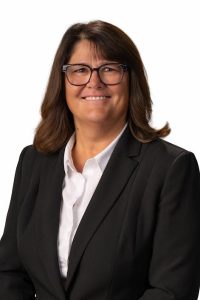
SBEMP Attorneys Announces Release of The California Divorce Survival Guide by Carolyn A. Martino
SBEMP Attorneys has released The California Divorce Survival Guide, a practical new resource by Carolyn A. Martino, Partner and Chair of the

SBEMP Attorneys has released The California Divorce Survival Guide, a practical new resource by Carolyn A. Martino, Partner and Chair of the

SBEMP Attorneys has announced the promotion of Phaedra A. Norton, Esq. to the position of partner in the firm. Serving

Led by Pete Nolan, our firm recently secured a decisive courtroom victory for the administrator of an estate involving a

Objection Filed and Settlement Secured to Avoid Costly Litigation and Accelerate Distribution SBEMP recently secured a favorable resolution for a
SBEMP Attorneys is pleased to announce that Jacquetta Bardacos has become a partner in the firm. Ms. Bardacos is an
The largest Coachella Valley based law firm, Slovak Baron Empey Murphy & Pinkney LLP (SBEMP), has formally announced attorneys Carolyn
“The DFW resident who earlier this month caught New York Yankees hitter Aaron Judge’s 62nd American League home-run-record ball at Globe Life
“As a baseball fan, Dave Baron of Palm Springs, California, understood the impact of Aaron Judge of the New York Yankees hitting a record-setting
Slovak Baron Empey Murphy & Pinkney LLP Congratulates Nancy Tragarz & Misty Calder on Joining the Firm SBEMP is proud
SBEMP Attorneys, Palm Springs Life, and Coachella Valley Economic Partnership present conversations with the top thinkers from each sector of